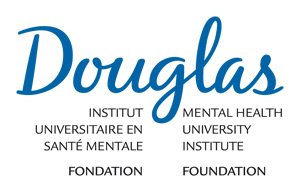
People affected by depression are at risk of developing eating disorders. Indeed, they might have decreased appetites and therefore eat less and lose weight. On the other hand, some sufferers might not have a balanced diet and overeat in search of comfort, which leads to weight gain.
In addition, people suffering from eating disorders such as hyperphagia, anorexia, and bulimia are at risk of developing depression. Depressive symptoms will manifest themselves as low self-esteem and can lead to feelings of emptiness.
Anorexia
People affected by anorexia are afraid of gaining weight, despite already being very thin. As a result, they do not want to weigh above a minimum weight limit. This can be explained by the fact that sufferers of anorexia do not perceive the real image of their body. Therefore, they will place an extreme importance on body image, which affects their self-esteem. In people with depression, lack of appetite can lead to weight loss.
Bulimia
Bulimia is characterized by episodes during which a person loses control over their diet. During such a crisis, a person might eat an enormous amount of food in a short amount of time. After this binge, the person does not want to gain weight and will compensate by vomiting, using laxatives, fasting, exercising intensely etc. However, often times the weight will remain stable or increase.
